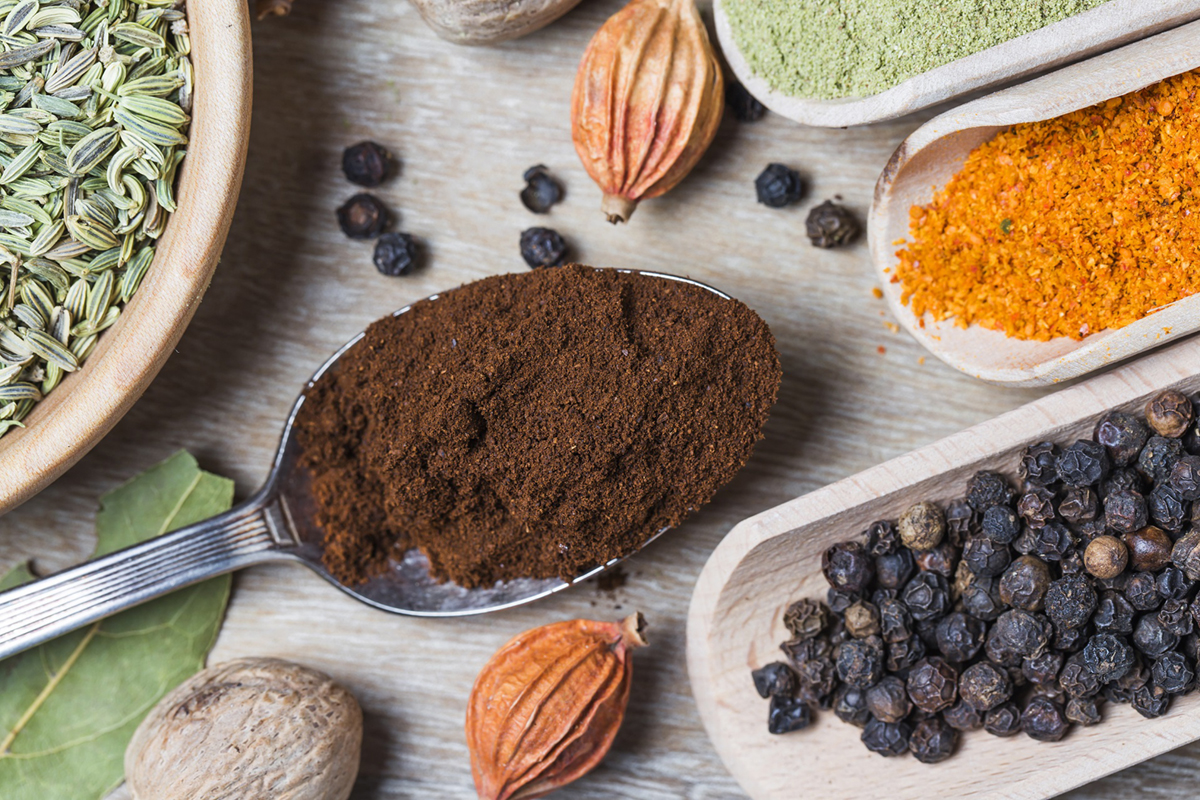Table of Contents
One of the most important things to know about how aromatherapy works is that the more you know about it, the better it works for you.

That doesn't mean that aromatherapy operates strictly on the basis of a placebo effect. One of the ways that scientists know that is that choosing the scent makes a difference. Aromas that aren't "supposed" to work typically don't. For instance, lavender was thought to reduce anxiety and coconut was thought to have no effect on anxiety. When researchers exposed volunteers to lavender scent, coconut scent, or water, they found that lavender reduced anxiety, but coconut increased it. Getting a mental boost from aromatherapy may occur just because you like the smell, but reduction in anxiety seems to depend on specific, neurological pathways that are activated by specific, measurable doses of aromatherapy.
There's no scent that is better understood than lavender
Lavender was the original scent used in aromatherapy. In 1937 the French chemist Rene-Maurice Gattefosse burned his hand while working in a perfume laboratory. Knowing lavender was used in medicine for treating burns and inflammation, he immersed his hand in a container of essence of lavender on his workbench. The burns healed quickly and completely, and the experience inspired Gattefosse to research the healing properties of other aromatic oils.
The essential oils of lavender both stop the perception of pain and halt the inflammatory processes that cause pain.
If you find the scent of lavender intensely relaxing, there is good reason. Scientists at the University of Miami School of Medicine have found inhaling essential oil of lavender alters brain wave patterns, shifting relaxing rhythms from the right brain to the left. British researchers have found that lavender specifically relieves feelings of anger and aggression and anxiety about the future.
Lavender encourages the secretion of bile from the gallbladder, making it easier to digest fats. People who have gallstones should avoid the herb, since it increases flow through the bile duct.
Lavender is also mildly sedating. In laboratory studies with animals, the essential oils of lavender counter the anxiety-inducing effects of caffeine. This property makes the herb especially useful for people whose flatulence is worse under conditions of emotional duress or after drinking coffee.
What if for some reason you just don't like lavender? Scientists have a basic understanding of many other scents. Different aromas act on the brain in different ways before and after different kinds of work.
Probably no one has trouble with the assertion that very few construction workers take a break for Earl Grey tea. Researchers measuring brain responses to scents with an electroencephalograph (EEG) have noted that bergamot, the distinctive aroma in Earl Grey tea is easily smelled before work of any kind, but is almost imperceptible after physical work.
READ Aromatherapy: Hype or Hope?
Orange aroma is appealing before work of any kind, but not as appealing after.
Peppermint is appealing after intellectual activity, but not as appealing after physical activity.
The woodsy smell of juniper berries, used to flavor gin and wild game, is especially appealing after a day of vigorous physical work. Linalool, a class of chemicals providing aroma to basil, clover, grape juice, mint, orange peel, oregano, peppermint, red wine, spearmint, tea tree oil, thyme, and tempura batter, is especially appealing after mental activity, or during bad weather, but not after a workout at the gym.
With a little experimentation, you can find the scents that work for you. Just remember that aromatherapy is meant to be inhaled, not ingested or absorbed. Always smell your aromas, don't drink them or paint them on your skin.
- Fujiwara R, Komori T, Noda Y, Kuraoka T, Shibata H, Shizuya K, Miyahara S, Ohmori M, Nomura J, Yokoyama MM. Effects of a long-term inhalation of fragrances on the stress-induced immunosuppression in mice. Neuroimmunomodulation. 1998 Nov-De.
- 5(6):318-22.
- Photo courtesy of freepik.com
- Photo courtesy of freepik.com


Your thoughts on this